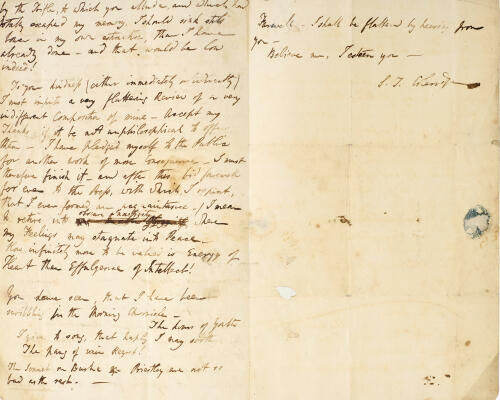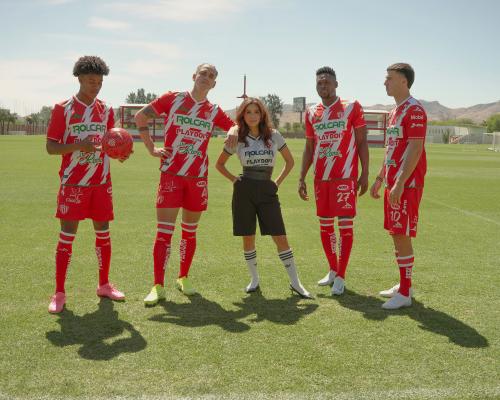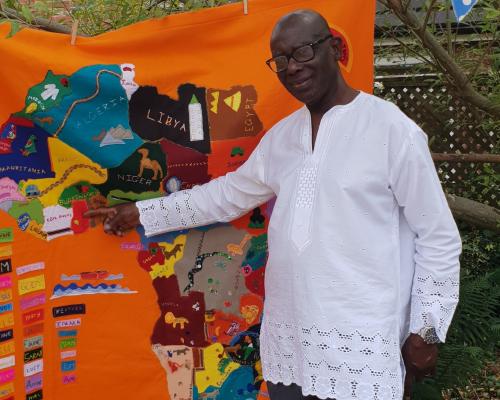
If you’re a millennial or millennial-adjacent, you probably grew up being chastised for using the word “like” inappropriately. You’re probably familiar with the sins: the first is employing it as a filler word, to give you time to think: “I was, like, trying to speak in a socially acceptable way.” The second is using it to mean “said”, as in: “My English teacher was like, ‘Don’t talk like that.’” And the third is using it to denote approximation: “People who police the word are all, like, a million years old.”
Yet, we all made it to adulthood despite the verbal carnage; many of us even have jobs that require communication. Now that millennials are, like, becoming the establishment, will the stigma against the word disappear?
Megan C Reynolds, a millennial and author of Like: A History of the World’s Most Hated (And Misunderstood) Word, says part of what older generations rejected about “like” – as with so much language – was its relative newness during our childhoods, which “probably made them feel old”. The controversial use of the word came to prominence in the 1980s and 1990s, though it has been evolving since the year 1200, according to the linguist Alexandra D’Arcy. Today it is a firm part of the English lexicon, stretching from its inescapability on Love Island, to its role as the title of an Ice Spice EP (Like..?), to its regular employment by NPR’s “erudite, measured” interviewer Terry Gross, who has been praised for using “like” as “stepping stones within sentences, on which she presses her weight, pivots, and tucks into her point”.
Reynolds argues that, as millennials begin to dominate the workforce, “the usage of ‘like’ will soon be the status quo.” Language evolves, generally for the better, she writes. Contrary to what our grade school teachers might have suggested, there are no real linguistic laws. The only language police are self-appointed.
Still, using the word carries some embarrassment. As Reynolds and others point out, much of the vitriol directed at “like” is tied to its association with young women, beginning with the 1980s stereotype of the valley girl – a teen in the Los Angeles suburbs who, God forbid, enjoyed shopping. It’s true, researchers have found, that young women in particular play a leading role in shaping our language. But at the same time, as Reynolds writes: “The policing of the way women speak – which, in turn, makes women feel as if they need to police themselves, often subconsciously – is a sport that will never get old.”
That internalization, along with the history of finger-wagging, can make things difficult. “I have a friend who works for the FBI – she works with a lot of men – and has said that her father used to tell her to not say ‘like’ a lot, and it’s been sort of drilled in her head,” Reynolds says.
It all leaves the word in a sort of purgatory – no longer condemned outright yet not fully embraced. That makes this an opportune moment for Reynolds’s book, which, despite the “history” in its title, might better be described as a series of meditations on the word. Reynolds reflects, of course, on Love Island and Terry Gross, as well as influencer culture, films ranging from My Fair Lady to Clueless (a movie exposing the misguidedness of the valley girl stereotype), and the different ways we use language, from texting with friends to emailing across the office (where we shift into what she calls “corporate drag”, with all its reaching out, circling back and touching base).
But what’s most memorable about the book is Reynolds’s celebration of the word’s unique ability to grease the wheels of communication. “Like”, she argues, actually improves our ability to relate our experiences.
For one thing, it allows us to combine words and feelings in a story. As D’Arcy tells Reynolds in the book: “The simple story that has been told about ‘like’ is that it came in and replaced ‘say’.” In fact, things are more complex: with “like”, “people started quoting way more than speech. And, in particular, they started quoting those internal states” – what they felt rather than what they actually said. So you might tell a friend: “My boss was like, ‘What the hell is wrong with you?’” when in fact the boss’s language was far more polite. But this more colorful version perhaps relates both the boss’s tone and how it made you feel, with the word “like” signaling to the listener that they shouldn’t take us literally.
As Reynolds writes: “The way we tell stories now is fundamentally different because we make space for feeling as well as facts.”
Meanwhile, when we discuss thorny topics, the word offers a chance to pause, and perhaps pivot or soften our language. “Not every situation requires a hammer,” Reynolds writes. “‘Like’ smooths the edges from strong, sharp, uncomfortable emotions, lowering the intensity until it feels more manageable.” Or, as she puts it in conversation: “It is just really hard to say complicated emotional things directly.” The word “gives you a minute to get your shit together mentally and also lets the other person know that you are getting your shit together”.
Most of all, Reynolds doesn’t want people to beat themselves up. “I would argue that saying ‘like’ a lot is not the thing you should be upset at yourself for,” she says. “So if I could disabuse anyone of that notion, then my job is done.”
In any case, there’s plenty of new gen Z slang to be frightened by instead.







